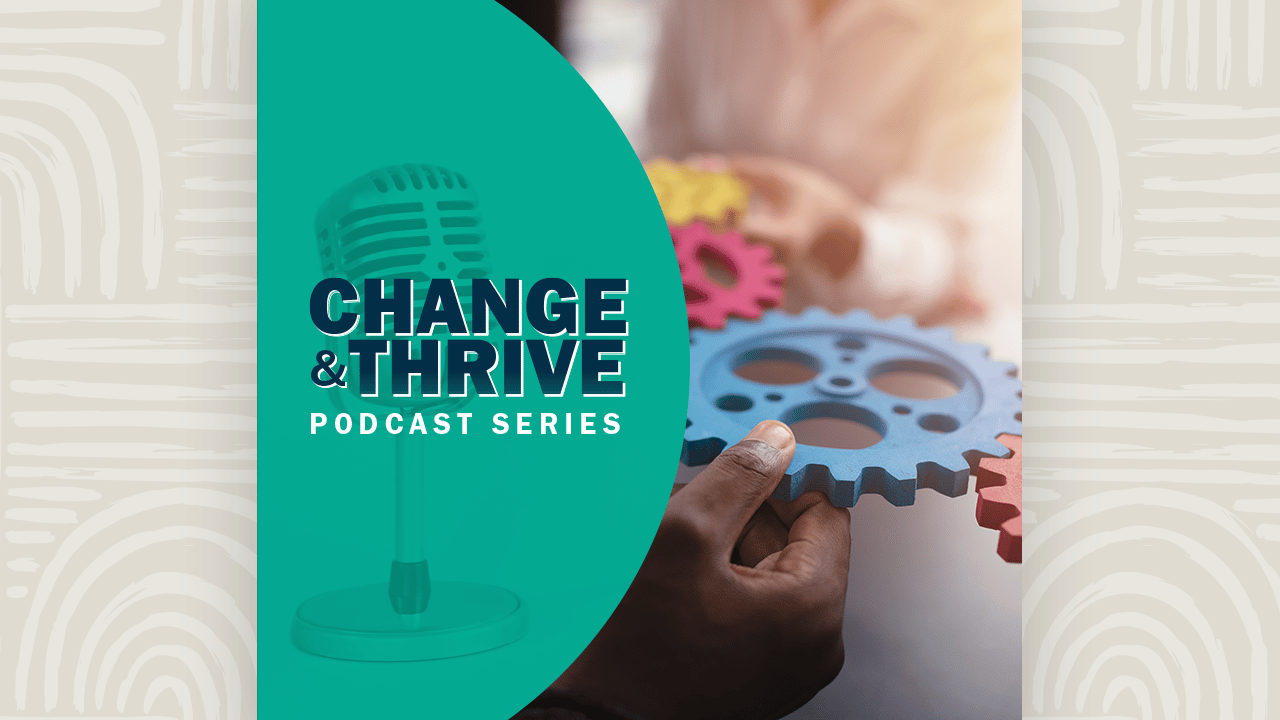As we progress through Women’s History Month, we at WLH are continuing to shine a spotlight on the women who have changed and thrived throughout the turmoil of this past year. Women leaders around the world have demonstrated their capacity to adapt and lead through these challenging times with strength and empathy. In fact, one study conducted by the Harvard Business Review found that women were rated as more effective leaders on most levels of competency throughout the pandemic than their male counterparts. Specifically, the report concluded that “female leaders expressed more awareness of fears that followers might be feeling, concern for wellbeing, and confidence in their plans” (Zenger & Folkman, 2020).
In this week’s podcast, I interview Laurie Cooke, who is the CEO and president of the Healthcare Businesswomen’s Association. Laurie’s leadership throughout the past year exemplifies some of the qualities that the report outlines.
As Laurie points out, leaders usually have a toolkit of experience and precedents on which to base their decisions when confronted with new challenges. However, given that COVID-19 created the first wide-scale pandemic we have seen since the 1920s, leaders have had to rely on their own creativity, calmness, and communication to navigate the unique and largely unprecedented obstacles that arose this year. Laurie and I discuss the importance of executing a data-driven approach with awareness and flexibility during unprecedented times. For example, she notes the importance of paying attention to leadership in other countries and applying the lessons learned of what worked and what did not work to her own framework as she pivoted to meet the growing and changing needs of her members.
As we focus this month on the unique problems that women face in the workplace, Laurie’s leadership of the HBA illuminates some of the equity issues that are arising as a result of the pandemic. One glaring issue is that women have been losing their jobs and leaving the workforce at higher rates. Another less obvious issue is the fact that as organizations begin to shift back to in-person working, women are more likely to opt to continue working from home due to the familial obligations and responsibilities that disproportionately land on them. The challenge of maintaining equity in terms of mentorship and sponsorship opportunities, as well as eligibility for promotions is one of many issues that leaders will need to grapple with in the months ahead.
Tune into this week’s podcast to hear the full range of lessons that Laurie presents, and subscribe to keep up with this month’s spotlight interviews!
Let’s stay connected. Join us on social media:
VIMEO
ARE YOU INTERESTED IN LEARNING MORE ABOUT OUR BLENDED SOLUTIONS?
WLH helps organizations, teams, and individuals think, plan, and execute with excellence. Schedule an Exploratory Call to learn more!
